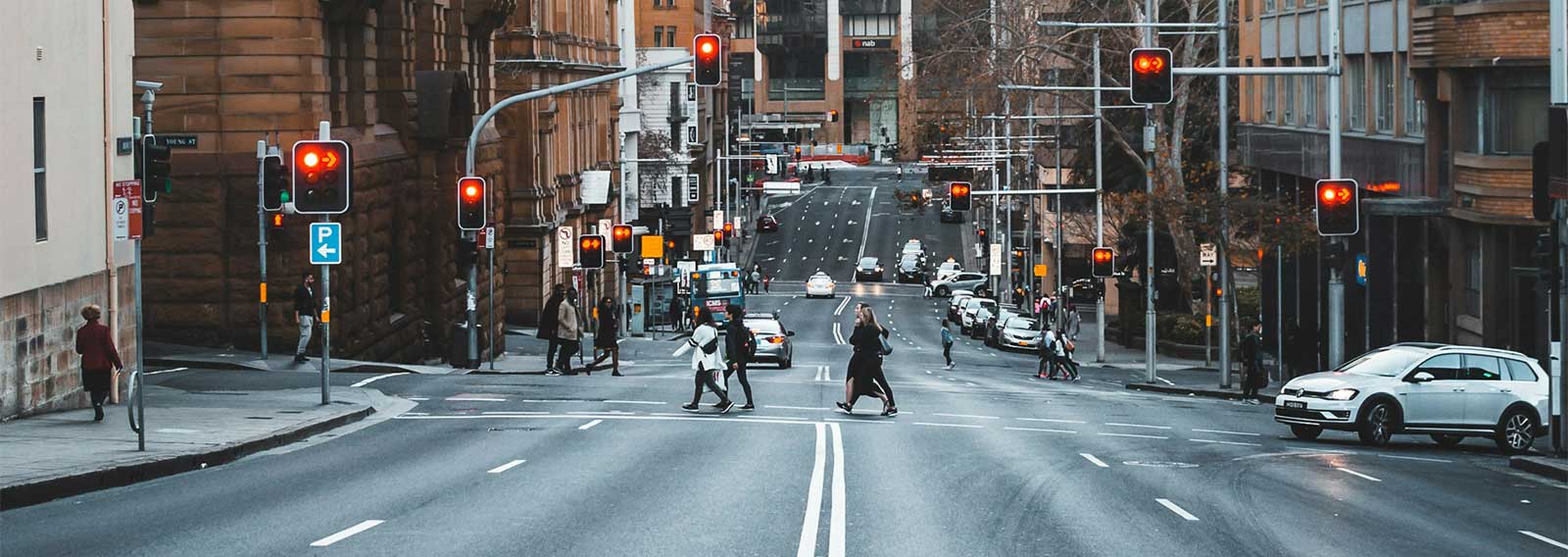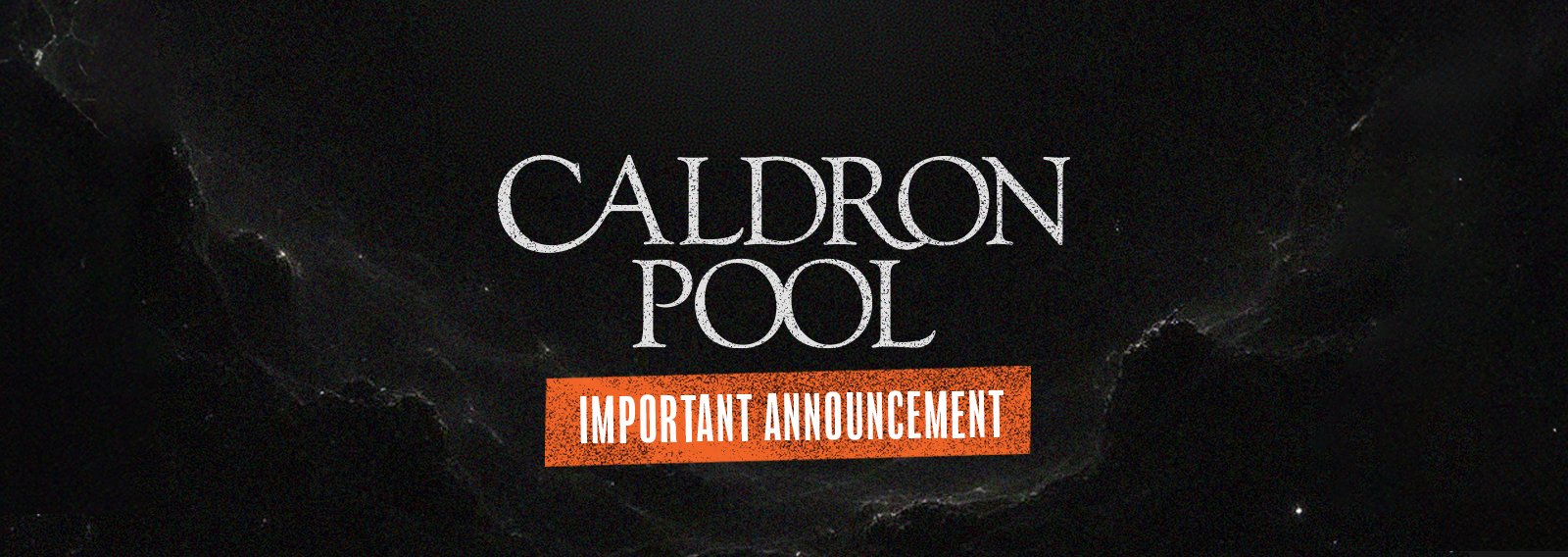NSW Premier Chris Minns has announced plans to toughen hate speech laws following a spate of antisemitic incidents, drawing widespread criticism for what many view as another attack on free speech in Australia.
Minns defended the move by arguing that Australia’s multicultural community is “fragile” and needs government intervention to prevent divisive rhetoric from undermining the façade of social harmony.
“We have far stricter and far tougher hate speech laws in Australia than they do in the United States,” Minns said during a press conference. “The reason we do is because we want to protect what can be a very fragile community that we’ve built in Australia – the multicultural community of 2025. And that’s not up for debate and it’s not up for a change.”
Let that sink in: Not up for debate.
And here we were under the delusion that Australia was a representative democracy, where voters elect politicians to carry out the will of the people. However, democracy hinges on the free exchange of ideas, even controversial ones. As such, policies imposed without public discussion are not the product of democratic consensus—they are the decrees of authoritarian governance. If a policy is not subject to discussion, it’s not a policy born of democratic consensus—it’s imposed by authority, without consideration for the will of the people.
When governments regulate public discourse, it stifles public participation and discourages individuals from expressing dissenting views for fear of prosecution. By definition, democracy requires the exchange of ideas and the ability to challenge laws and policies through persuasive speech. When governments declare certain topics off-limits, they erode the very foundations of democratic governance.
Minns’ assertion that multiculturalism must be protected at all costs—even at the expense of free speech—forces Australians to ask the question: Is this “multicultural experiment” worth the price of our fundamental freedoms? Would Australians have agreed to this vision of multiculturalism if they had known it would cost them the right to speak freely and without fear?
Doubtful.
Where there is no debate, there is no democracy. Democracy requires the ability to challenge policies and laws through open, persuasive discussion. When governments declare certain topics off-limits, they erode the very foundations of democratic governance.
Australians must decide if they are willing to trade their right to free speech for the illusion of harmony. Because once free speech is gone, so too is the freedom to question, challenge, and ultimately shape the society we all share.





















